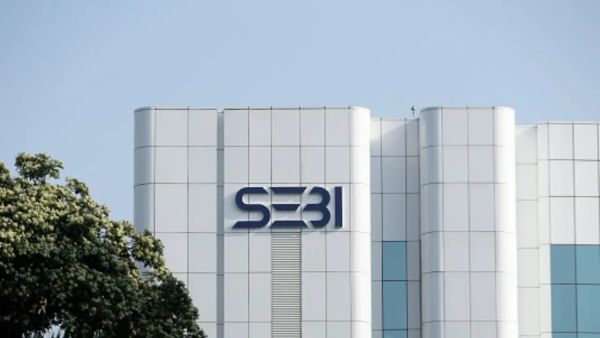

The market regulator had earlier suggested lowering the retail allocation from 35% to 25% for IPOs exceeding ₹5,000 crore.
The Securities and Exchange Board of India (SEBI) has decided to withdraw its proposal to reduce the retail quota in large initial public offerings (IPOs).
The market regulator had earlier suggested lowering the retail allocation from 35% to 25% for IPOs exceeding ₹5,000 crore, citing difficulties issuers face in fully subscribing to the retail portion of such extensive offerings.
After evaluating stakeholder feedback, SEBI announced that the quota would remain unchanged at 35%.
The markets regulator, in a consultation paper released on Monday, noted that the challenges of weak retail participation in large issues would instead be addressed by allowing companies greater flexibility in stake dilution and extended timelines to meet minimum public shareholding (MPS) norms.
For companies with a post-listing market cap of ₹50,000 crore and above, SEBI has now proposed a framework permitting lower initial dilution with more time to comply with MPS requirements. The earlier proposal had met resistance from investors and market participants, who argued that subscription levels in large IPOs depend as much on pricing as on allocation.
SEBI has privately flagged concerns on aggressive pricing of issues, but has avoided formal intervention to prevent being seen as micro-managing market dynamics, according to reports.
Initial Proposal
In its July paper, SEBI had argued that lowering the retail portion in large IPOs would reflect market realities. It highlighted poor subscription levels in recent high-profile offerings, including Hyundai Motor’s ₹27,859 crore IPO, which drew only 0.4x subscription from retail investors.
SEBI estimated that a ₹5,000 crore issue needs 7–8 lakh retail bidders, while a ₹10,000 crore IPO would require nearly 1.75 million applications to fill the quota.
The regulator had also proposed offsetting the reduced retail share by increasing the quota for qualified institutional buyers (QIBs) from 50% to 60% and raising the mutual fund reservation within the QIB category from 5% to 15%. It argued that retail participation through mutual funds has grown steadily, even as direct applications have remained flat, making an indirect route more practical.
However, with feedback from industry associations, merchant bankers, and public comments strongly opposing the cut, SEBI has now chosen to maintain the 35% retail quota.
On a separate note, Citi stated that SEBI’s proposal to cut the minimum public offer for large IPOs to 2.5% from 5% could benefit Jio’s potential listing by reducing supply overhang and reducing the holding company’s discount concerns.
For updates and corrections, email newsroom[at]stocktwits[dot]com.<
-
Ajit Agarkar Reveals Jasprit Bumrah's Roadmap After Asia Cup 2025

-
Breaking! BCCI Announces Team India's Squad For ICC Women's World Cup 2025, Harmanpreet Kaur Set To Lead; Shafali Verma Has Been Left Out

-
'Usko Lene Ke Liye Aur Kya Karna Padega?': Netizens In Disbelief As Shreyas Iyer Misses Out On Team India Squad For Asia Cup 2025

-
Coolie vs Saiyaara: Rajinikanth and Lokesh Kanagaraj top Popular Indian Celebrities list on IMDb, dethrone Ahaan Panday and Aneet Padda

-
Deepika Padukone gears up for 100-day shoot in Allu Arjun, Atlee’s AA22 x A6, scheduled to commence in…
